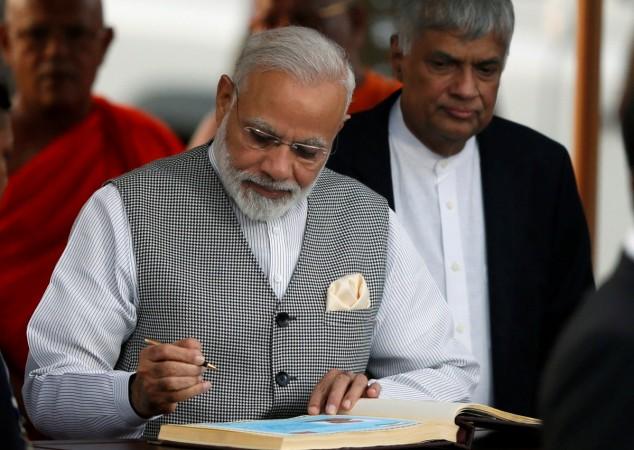
Before the Wannacry dust settled, Zomato stormed into the headlines as the food startup was hacked and the data of nearly 17 million users were reportedly stolen. One report said an online handle "nclay" claimed to have hacked Zomato and was selling the stolen data on the Dark Web , something a search engine cannot find.
The back-to-back cyber attacks will raise some uneasy questions for the Narendra Modi government which is trying its best to turn India into a cashless and online economy. In an age when hacks are increasingly becoming common, how much prepared are the Indian government as well as the people themselves to safeguard themselves from such onslaught?
Also read: Zomato hacked: Email addresses, hashed passwords of 17 million users stolen
In case of Zomato or any other private firm, it is still the company which will be held responsible for such occurrences. But if tomorrow the online attack becomes a national threat, what will be the government's defence?
States' defences are becoming increasingly blurred
The particular instance of Zomato's hacking might not be grave but it certainly indicates at an emerging trend. In an age when states' boundaries are becoming increasingly blurred despite the physical presence of border fences, isn't it time to devise a new national defence before lightning strikes?
The Wannacry episode has not affected India as it some other countries [over 100 computers of the Andhra Pradesh Police were reportedly affected besides some enterprises in Mumbai, Hyderabad, Bengaluru and Chennai]. The target cities clearly imply that those parts of the country that are more accustomed to the 'online' have been found vulnerable to the attack. India is yet to become a complete tech-savvy country and that has not prevented the cyber attack from turning into a national calamity.

India was not affected by Asian economic crisis or recession much because it is yet not integrated globally
One would find some parallel with this instance with the Asian economic crisis of 1997 and the great recession in 2008. Those crises did not affect India as adversely as many other countries because India was yet not completely integrated with the global economy, thanks to its legacy of a protectionist economy.
But today, the Modi regime is trying all it can to get India on the highway of the globalised economy fast and put in place a system which resembles more the developed world. But to do that, is the government putting in place the required safety mechanism?
For, if the cyber attackers strike India with full force, not just its economy will be in danger but the entire infrastructure and manufacturing sectors. For an emerging economy like India, that would spell disaster in no time and could take endless time to recover. Even the socio-economic impact of such technological crisis will be immense. The national security will also be not immune to danger.
The Modi government might take pleasure from the fact that today's India is more computer literate and hence smarter than ever before. But are we also security literate enough? In today's world, guns and tanks are less sinister than the network. A misuse of the network can see countries implode into ruins. Modi did a clever job by calling for demonetising and thriving towards a cashless economy. But has he put the safety belt on?















